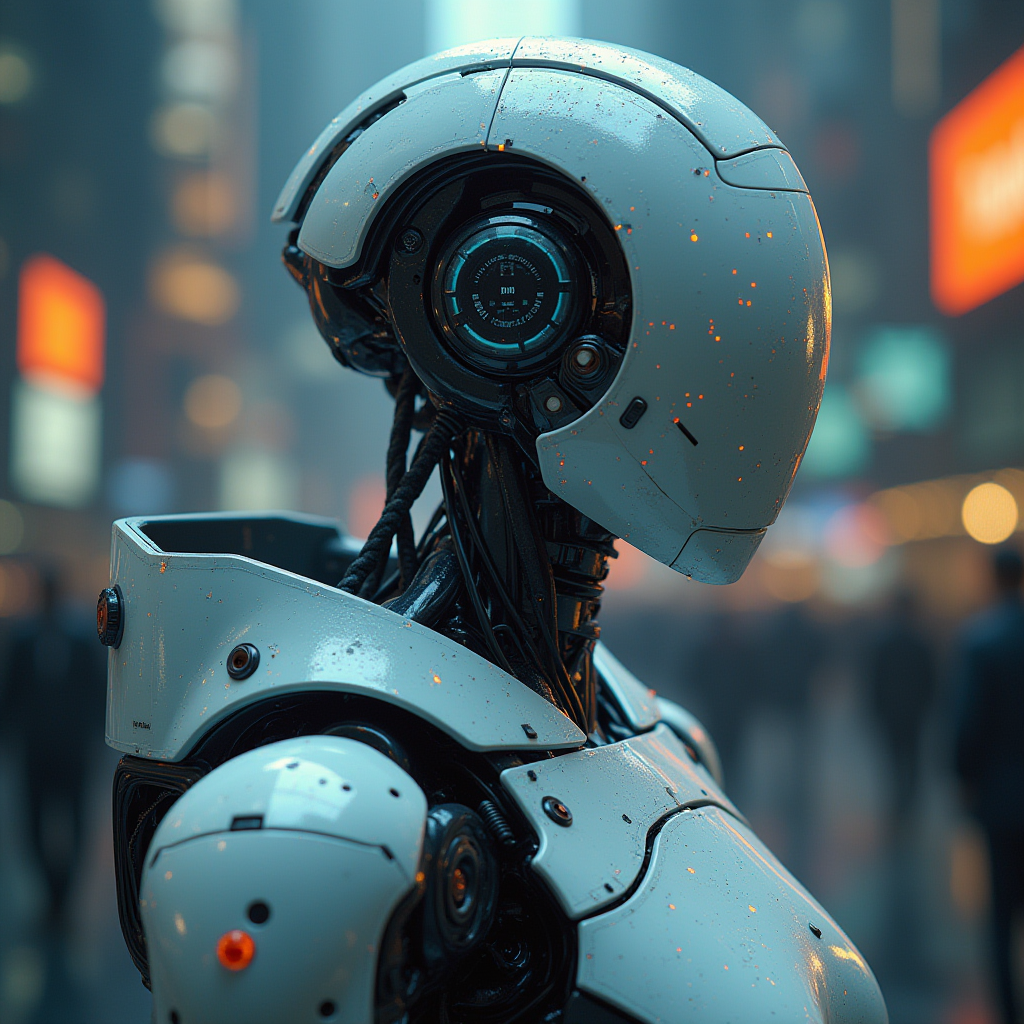The AI Revolution of 2025
The year 2025 marks a pivotal transformation in artificial intelligence, where technologies that seemed like science fiction just years ago have become tangible realities in our daily lives.
Key Developments
1. Advanced Generative AI
Generative AI models have made a quantum leap in their capabilities:
- Producing professional-quality multimedia content
- Understanding context with deeper precision
- Collaborating with humans on complex creative tasks
2. AI in Healthcare
AI applications in medicine have achieved remarkable milestones:
- Disease diagnosis with over 95% accuracy
- Development of personalized medications
- Predicting health issues before they occur
3. Sophisticated Smart Assistants
Personal assistants have evolved to become:
- Capable of understanding and responding to emotions
- Fully fluent in multiple languages
- Helpful in complex decision-making
Impact on the Job Market
AI is reshaping the job market in multiple ways:
- Emergence of new jobs: Such as human-machine collaboration engineers
- Evolution of required skills: Focus on creativity and emotional intelligence
- Automation of routine tasks: Allowing humans to focus on higher-value work
Challenges and Ethical Considerations
Despite tremendous benefits, the AI revolution faces important challenges:
- Privacy and Security: Protecting personal data
- Algorithmic Bias: Ensuring fairness in decisions
- Technological Unemployment: Retraining affected workers
Looking Ahead
With continued rapid development, experts predict the second half of 2025 will see:
- Deeper integration of AI in education
- Development of more energy-efficient AI systems
- Emergence of global standards for AI ethics
Conclusion
The AI revolution of 2025 is not merely technological progress, but a civilizational transformation redefining how we live, work, and interact with the world. Success in this transition requires a wise balance between innovation and responsibility, between technological advancement and human values.
